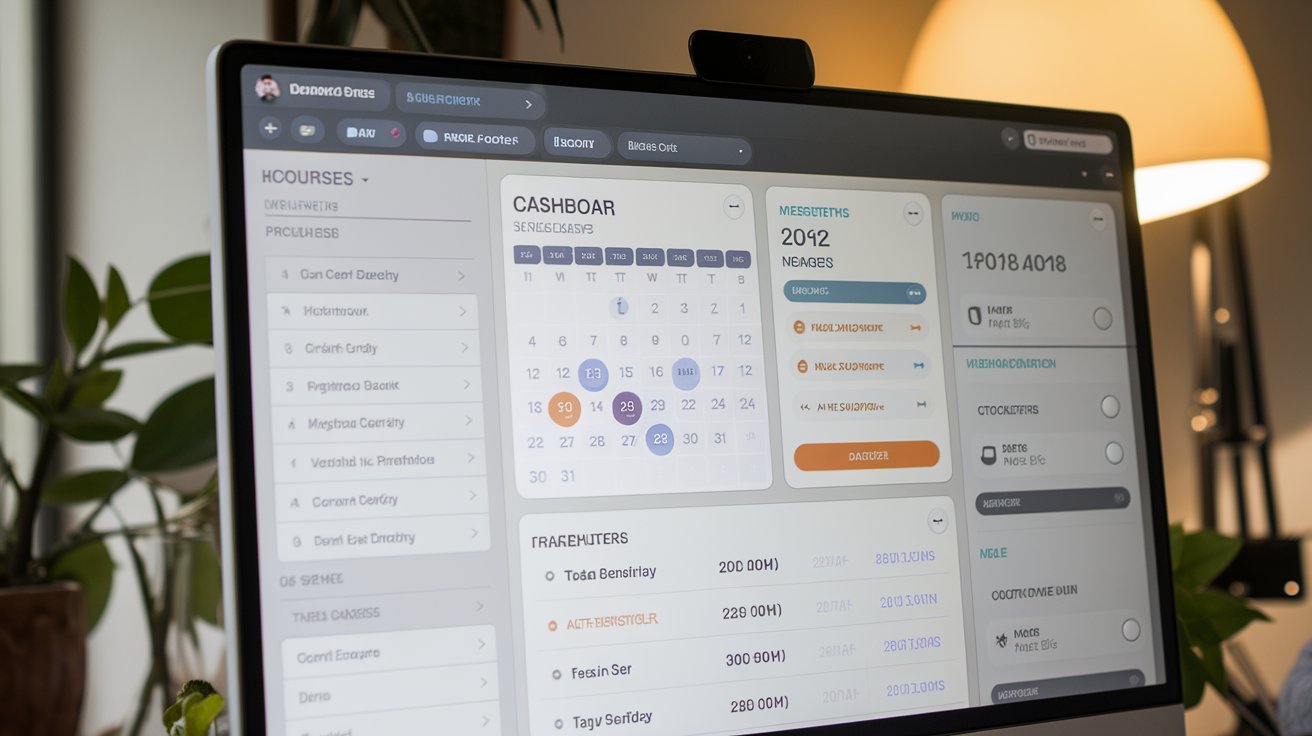In a world where career paths are often complex and multifaceted, job shadowing emerges as a powerful tool for both students and professionals seeking to explore new fields. This hands-on experience provides invaluable insights into various roles, helping individuals make informed career choices. In this article, we will explore the benefits of job shadowing, share personal anecdotes that illustrate its impact, and answer common questions related to this valuable practice.
What is Job Shadowing?
Job shadowing is an observational experience where an individual spends time following a professional in their work environment. This can last a few hours or even several days, depending on the arrangement. The primary goal is to gain firsthand knowledge about a specific role, industry, or workplace culture.
I first encountered the concept of job shadowing during my final year of college. As I grappled with the uncertainty of my future career, a mentor suggested I shadow someone in my field of interest—marketing. Intrigued but unsure of what to expect, I decided to give it a try.
Benefits of Job Shadowing\

1. Gain Real-World Insights
One of the most significant advantages of job shadowing is the opportunity to observe real-world applications of theory. Classroom learning often lacks practical context, but shadowing allows you to see how professionals navigate their daily tasks.
During my job shadowing experience, I accompanied a marketing manager at a local firm. Watching her lead a team meeting and discuss strategies for an upcoming campaign provided me with a clearer understanding of how marketing principles come to life. It was enlightening to witness the intricacies of client communication and team dynamics.
2. Clarify Career Goals
Job shadowing helps clarify career aspirations. By observing professionals in action, you can better understand what a particular role entails, helping you determine whether it aligns with your interests and skills.
After spending a day with the marketing manager, I realized that while I enjoyed the creative aspects of marketing, I was less enthusiastic about the constant client interactions required in her role. This insight was invaluable, steering me toward a more suitable niche within marketing, such as content creation, where I felt more comfortable.
3. Network Building
Job shadowing provides a unique opportunity to network with industry professionals. The connections you make during your shadowing experience can open doors for future opportunities, such as internships or job placements.
At the end of my shadowing day, the marketing manager introduced me to several colleagues, emphasizing the importance of networking. These introductions led to informational interviews and valuable connections that would later assist me in my job search.
4. Enhance Your Resume
Having job shadowing experiences on your resume demonstrates initiative and a proactive approach to career development. It shows potential employers that you are serious about your career and willing to invest time in learning.
When I applied for internships after college, I highlighted my job shadowing experience in my cover letter. This not only made my application stand out but also provided me with concrete examples to discuss during interviews.
How to Make the Most of Job Shadowing

1. Prepare Ahead of Time
Before your job shadowing experience, do your homework. Research the company and the professional you’ll be shadowing. Prepare questions that will help you gain deeper insights into their role and responsibilities.
When I shadowed the marketing manager, I prepared questions about her career path, challenges she faced, and advice for someone entering the field. This preparation led to a more engaging conversation and richer learning experience.
2. Be Observant and Engaged
During the shadowing experience, pay attention to everything happening around you. Take notes, ask questions when appropriate, and engage in conversations. The more actively involved you are, the more you will learn.
I found that being genuinely curious and engaged made a significant difference in my experience. By asking insightful questions during team meetings, I gained a deeper understanding of the company’s marketing strategies.
3. Follow Up After the Experience
After completing your job shadowing, send a thank-you note or email to the professional you shadowed. Express your gratitude for their time and insights. This small gesture reinforces the connection and can lead to further opportunities.
I sent a thank-you email to the marketing manager, expressing my appreciation for her mentorship and insights. This not only left a positive impression but also kept the lines of communication open for future networking.
Personal Anecdote: My Job Shadowing Journey
Reflecting on my job shadowing experience, I can vividly recall the nervous excitement I felt as I walked into the marketing firm. I was apprehensive about how I would fit into the busy environment and whether I would be able to ask the right questions.
However, as the day progressed, I found myself absorbed in the discussions and activities. I watched the marketing manager brainstorm ideas with her team, analyze market data, and develop creative solutions. This hands-on experience opened my eyes to the fast-paced nature of the industry and solidified my desire to work in marketing—but in a more creative capacity.
The connections I made during that day led to an internship at the firm, which ultimately became a stepping stone to my current career. That experience taught me that job shadowing isn’t just an observation; it’s a gateway to opportunities and growth.
FAQs on Job Shadowing Experiences
1. What is the typical duration of a job shadowing experience?
Job shadowing can last anywhere from a few hours to several days, depending on the arrangement.
2. How do I find job shadowing opportunities?
Reach out to professionals in your network, utilize LinkedIn, or inquire at local organizations related to your field of interest.
3. What should I wear for a job shadowing experience?
Dress professionally, adhering to the company’s dress code to make a positive impression.
4. How should I prepare for job shadowing?
Research the company and role, prepare thoughtful questions, and be ready to engage and learn.
5. Can job shadowing lead to job opportunities?
Yes, it can help you build valuable connections and provide insights that may lead to internships or job offers.
Conclusion
Job shadowing is a powerful tool for career exploration and development. It offers real-world insights, helps clarify career goals, and fosters valuable networking opportunities. My own experience in shadowing a marketing manager transformed my understanding of the field and guided my career path. For anyone considering job shadowing, embrace the opportunity—it could very well be the key to unlocking your future career. Whether you’re a student, a recent graduate, or someone looking to make a career change, job shadowing is a worthwhile investment in your professional journey.



